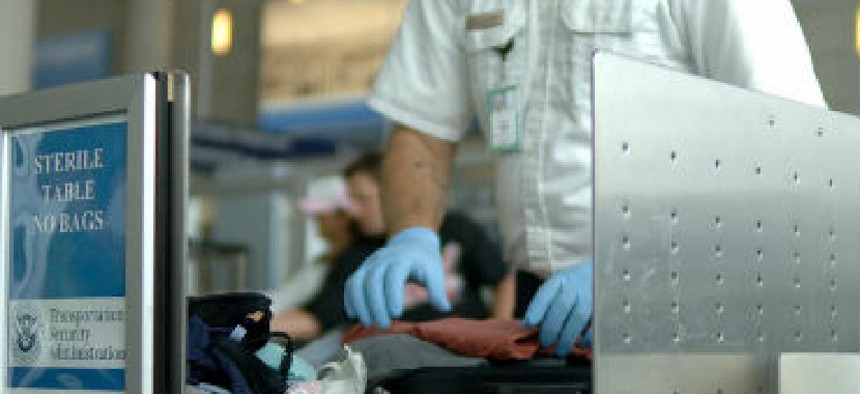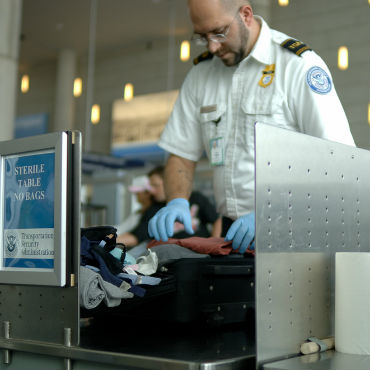Watchdog: TSA needs to improve IT controls

An Inspector General audit identified three IT controls deficiencies within the Transportation Security Administration, which potentially compromise the confidentiality, integrity and availability of the agency’s financial and operational data.

The Transportation Security Administration may have its own internal security concerns when it comes to both technical and physical general IT controls.
According to an annual audit launched by the Department of Homeland Security Office of the Inspector General, TSA needs to improve certain IT controls for its financial and feeder system. These deficiencies hamper the confidentiality, integrity and availability of the agency's financial and operational data. The release date for the report was March 23.
The audit, conducted by KPMG, examined the effectiveness of TSA's internal control over financial reporting. The audit found that user accounts weren't closed in a timely fashion for employees who didn't need access. In addition, the report found that employees with access to TSA databases were prone to reveal password and other sensitive information to unauthorized individuals. This was discovered through the use of social engineering techniques, defined as "the act of manipulating people into performing actions or divulging sensitive information" usually in a deceptive way.
The test included calling 45 employees and contractors in an attempt to solicit TSA access credentials. The calls only reached nine individuals, three of whom revealed password information.
While the report recognized that TSA has acted to correct IT control deficiencies from the prior fiscal year, two of the findings were repeat concerns about "non-technical aspects of IT security."
KPMG and DHS personnel conducted after-hours walkthroughs to gauge TSA's physical security by inspecting 56 randomly selected employee workspaces. Sensitive materials --including system passwords, personal information, information marked "FOUO" (for official use only) and unattended, government-issued laptops -- were discovered at 24 of the workspaces.
The auditors recommended that TSA implement a quarterly recertification process and centralize the maintenance of user accounts to one office, and that TSA improve its financial management and associated IT security systems.
The audit stated that TSA management is responsible for determining the best course of action to fulfill the recommendations, and did not include TSA's response.
NEXT STORY: U.S.-China still at odds on cybersecurity issues


